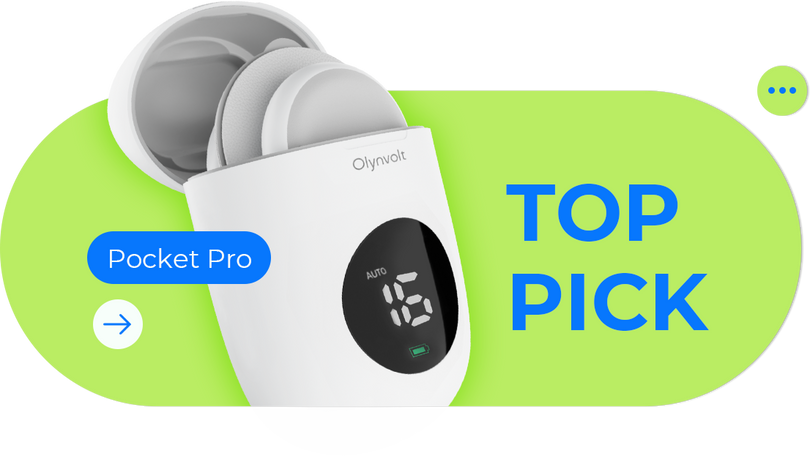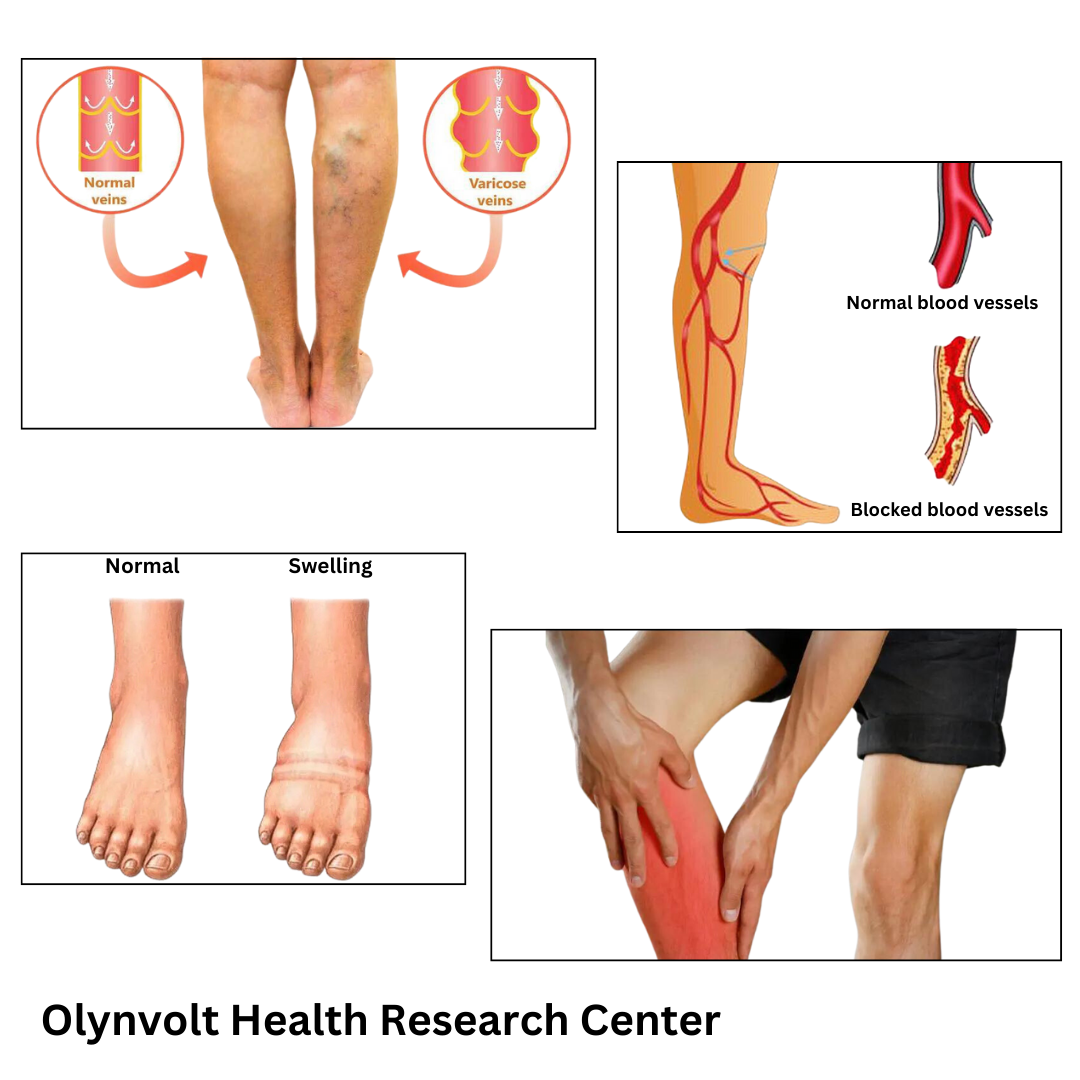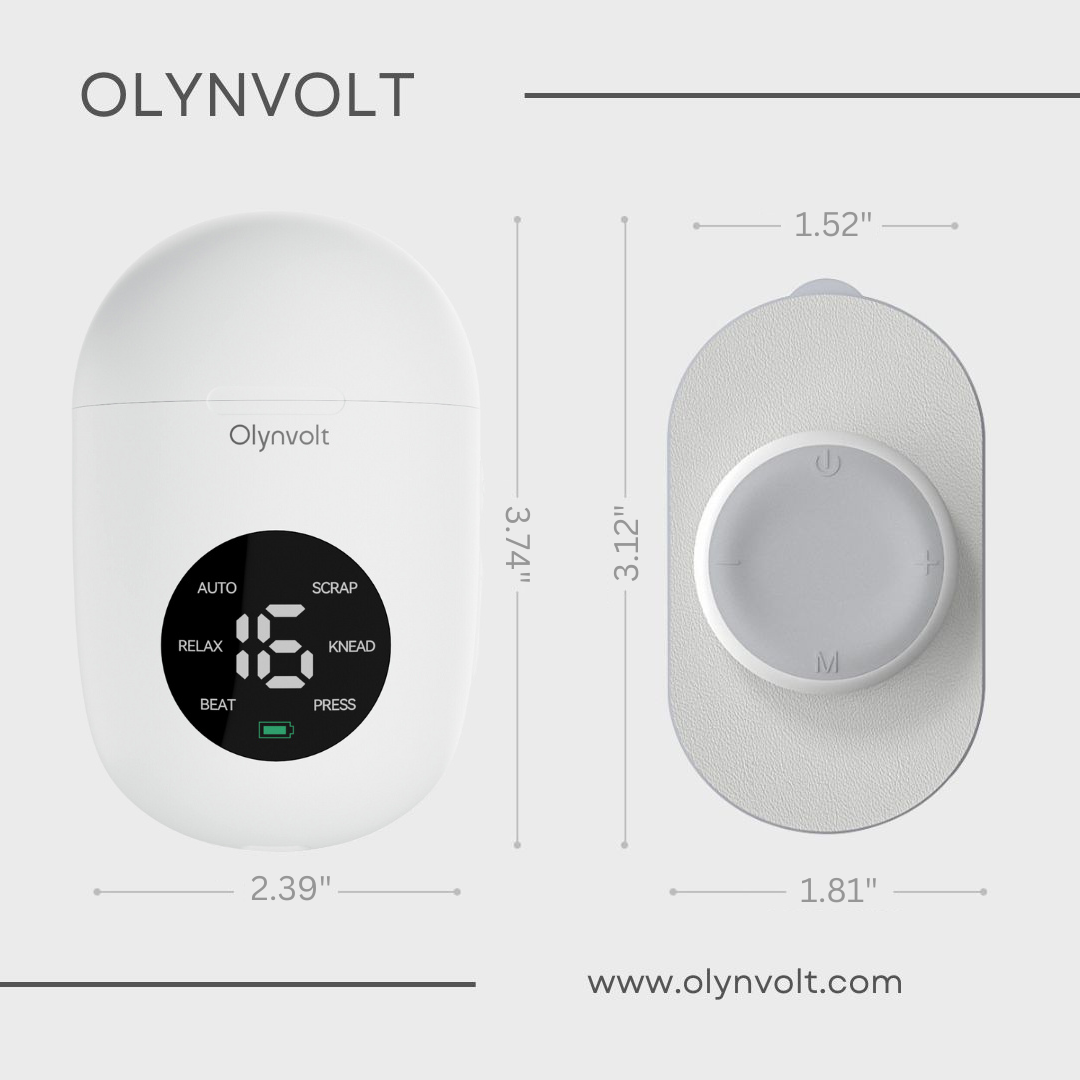Approximately 70% of patients find relief with TENS therapy. High-intensity TENS is better for acute menstrual pain, while low-frequency TENS is more effective for chronic pain. (Data source: NHS)
What exactly is TENS therapy?
TENS is a drug-free pain relief method that sends gentle electrical signals through your skin, altering pain perception near nerves to ease discomfort. It's non-addictive and safe for your body.
"The perspective shared in the article is from the esteemed Cleveland Clinic&NHS (National Health Service)."

What is TENS therapy used for?
(TENS therapy is used to relieve both chronic and acute pain.)
- Joint pain, muscle pain and spine
- Tendinitis and bursitis
- Nerve damage
- Sleep Apnea
- Pain during labor
- Lower back pain
- Long-lasting pelvic pain
"The viewpoint presented in the article is sourced from the NHS (National Health Service)."

When to avoid TENS therapy and which body areas to avoid?
- Implanted Electronic Devices: Avoid TENS near implanted devices.
- Pregnancy: Avoid on the abdomen, pelvic area, lower back, or certain acupuncture points. But it's safe to use during labor.
- Cancer: Avoid using TENS on cancer areas.
- Epilepsy: Avoid with deep vein thrombosis or thrombophlebitis.
- Bleeding Disorders
- Heart Disease: Avoid TENS on the chest.
TENS therapy has few side effects. In rare cases, it may cause skin irritation. Some people may be sensitive to the tingling sensation from the TENS unit, but typically, they can gradually adapt by using gentler modes repeatedly.
"The perspective shared in the article is from the esteemed Cleveland Clinic."






